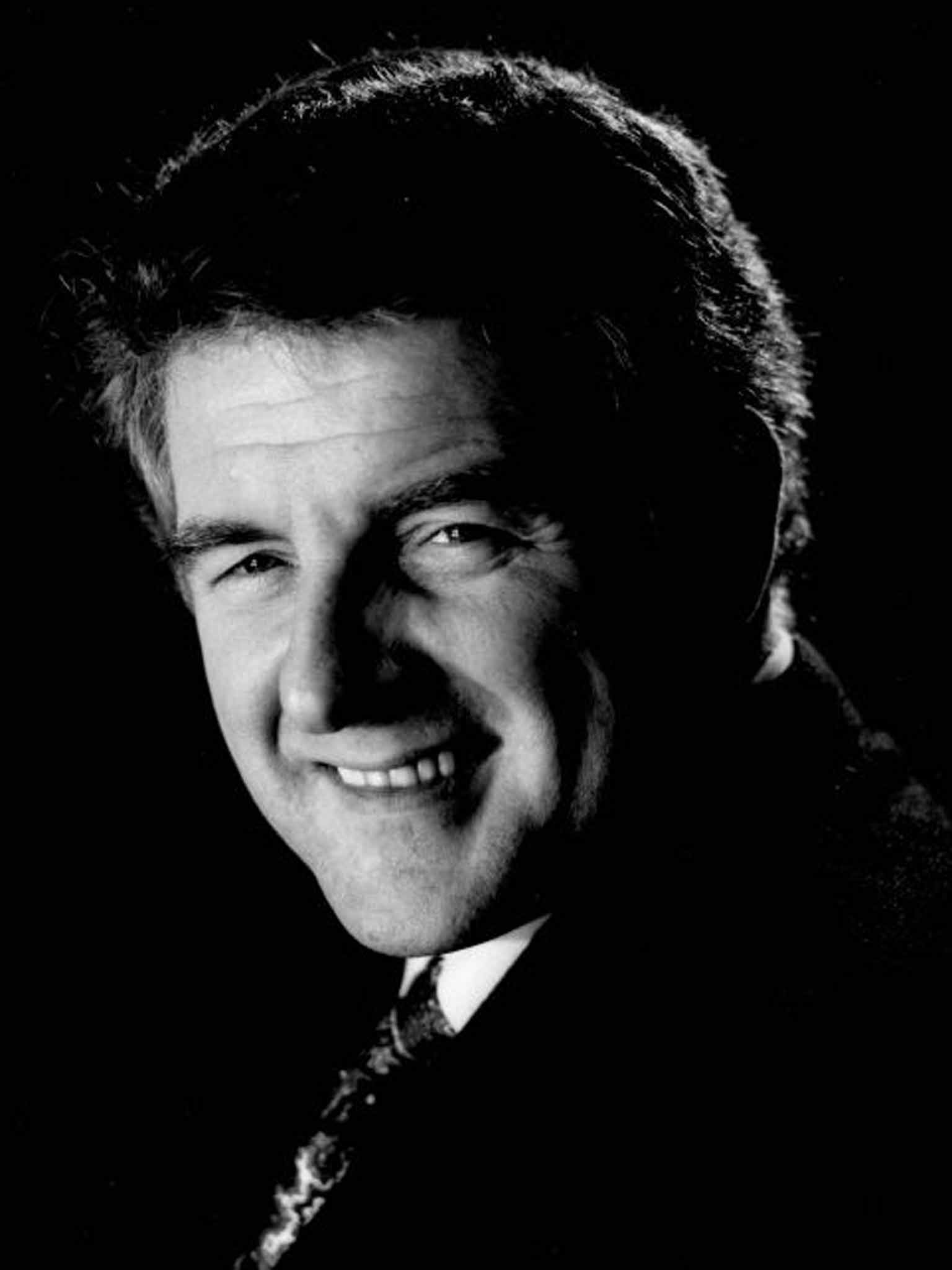Johnny Keating: Musician who worked with Tony Bennett and Bing Crosby but was best known for the 'Theme from Z-Cars'
Keating wrote the scores for the blockbuster Hotel (1967) starring Rod Taylor and Karl Malden and Robbery (1967) with Stanley Baker and James Booth, as well as instructional books on the principles of songwriting

The musician and orchestra leader Johnny Keating regretted that he was chiefly known for a two-minute single, "Theme From Z-Cars", a Top 10 hit from 1962, but there was nothing to be ashamed about. It was a brilliant arrangement, opening with a military drum roll, moving on to woodwind and jazz piano and ending with a big band flourish, and it cleverly combined many facets of his own work.
Johnny Keating was born in Edinburgh in 1927, the son of a street bookmaker. The family had little money, and largely through his own initiative he taught himself piano accordion, piano and trombone and played in local bands. After military service, he played trombone with the Tommy Sampson Orchestra, mostly in Leith and Edinburgh, before joining Ted Heath and his Music in 1952. Although Heath was to dismiss him, he rehired him as an arranger.
In 1956 Heath went on a US tour and as Keating was not on stage, he remained in New York and heard Duke Ellington and Woody Herman; Herman invited him to write arrangements. When he came back to the UK, he told the New Musical Express that there were two schools of big band jazz, on the East Coast and the West Coast, adding that "we should start a third front in London and not slavishly copy the American model". True to his word, he made two albums, British Jazz (1956) and Swinging Scots (1957) and a few years later he established the Keating School of Music in Edinburgh.
As well as arranging albums for Ted Heath, Keating also became involved in rock'n'roll. In 1961 he arranged three Top 10 singles for the growling Eden Kane – "Well I Ask You" (a No 1), "Get Lost" and "Forget Me Not", all written by Johnny Worth – and in 1962 he had success with the wacky arrangement of "Don't That Beat All" for Adam Faith. He arranged for Petula Clark, including her French language success, "Ya Ya Twist", and for Helen Shapiro with her revival of "Fever" (1964).
In 1962 a Liverpool musician, Bridget Fry, and her husband, Fritz Spiegl, suggested that an old Liverpool folk tune, "Johnny Todd", would be suitable for Z-Cars, the police drama series set in the fictional Newtown, based on the tough Liverpool suburb of Kirby, that ran until 1978. Keating wrote his own arrangement and his record became an anthem for Everton FC. (A year later their rivals Liverpool chose "You'll Never Walk Alone".) Keating himself supported Hibernian and left instructions to be buried in his Hibs tie.
For a time Keating made his own records as Johnny Keating and the Z-Men but soon switched to Johnny Keating and his Orchestra and made a series of Decca albums designed to demonstrate the benefits of stereo; the intention of Johnny Keating And 27 Men (1966) was that the astute listener could pick out most of them.
He moved to Hollywood and wrote the score for the blockbuster Hotel (1967), starring Rod Taylor and Karl Malden. The theme song was performed by Nancy Wilson. He also scored the film Robbery (1967) with Stanley Baker and James Booth, about the Great Train Robbery.
In 1972 Keating worked with Moog synthesisers and recorded as the Johnny Keating Space Experience. He released a futuristic version of Tim Rice and Andrew Lloyd Webber's "Jesus Christ Superstar". He also worked with Sammy Davis, Bing Crosby and Tony Bennett. On a CD reissue, Bennett wrote that their 1966 collaboration, "The Very Thought Of You", was his finest recording.
Keating conducted his Hebridean Impressions with the Royal Philharmonic Orchestra at the Royal Albert Hall and in his retirement wrote instructional books on the principles of songwriting.
Johnny Keating, musician: born Edinburgh 10 September 1927: married Emily Roberts (died 1991; one daughter, two sons); died London 28 May 2015
Subscribe to Independent Premium to bookmark this article
Want to bookmark your favourite articles and stories to read or reference later? Start your Independent Premium subscription today.

Join our commenting forum
Join thought-provoking conversations, follow other Independent readers and see their replies